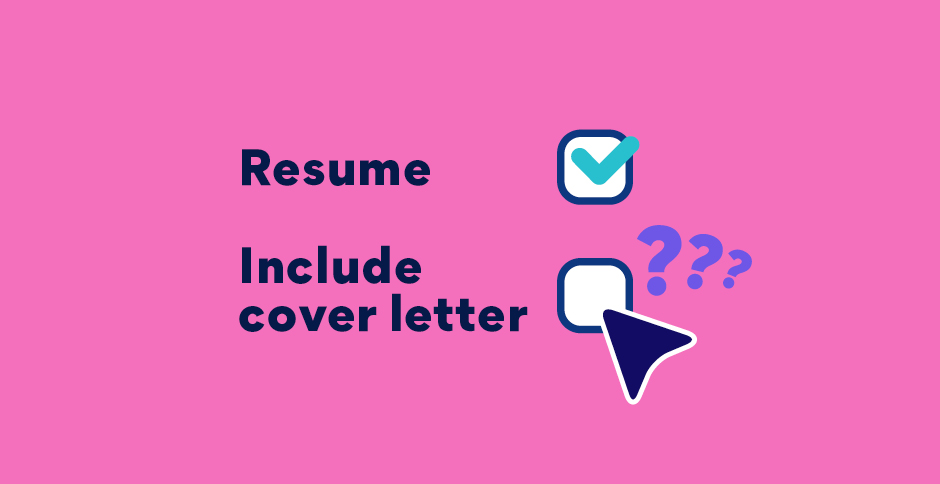Looking at the job market can feel intimidating, given the change and upheaval that’s taken place in the past year.
It can feel especially hard you’ve been applying for roles and haven’t been hearing back from employers.
Now there are signs the market is finding a road to recovery, with more job ads being posted – but there’s also strong competition for roles with many people looking for work. So, if you’re applying for a job now, how can you get noticed?
A great job application is key to putting yourself in the running for a role, and there are some simple things you can do to make your application stand out.
Emma Teale is Recruitment Manager at Adairs Retail Group, which has more than 1700 employees in Australia and New Zealand.
Here, Teale shares her tips on what stands out in an application, and ways to help yours get noticed.
1. Include a top-notch cover letter
A great resume is key to any job application, but your cover letter can be just as important. It’s a way to introduce yourself professionally, show the value you could bring to the role you’re applying for, and give a sense of who you are – almost like a pitch.
Teale says the applications that stand out to her are the ones that really nail the cover letter.
“You can definitely tell when a candidate is just dashing off 100 applications versus really applying for the job that they want,” she says. “I like to see a candidate’s voice coming through in their cover letter that explains why this is the job for them.”
Teale recommends reading the job ad carefully as it will help you to tailor your cover letter to the requirements of the job.
“I also like cover letters that list key achievements,” she adds. “In the cover letters that I’ve seen recently, the high performers almost always list their key achievements because it shows that they are results focused.”
If you’re not sure where to start, this cover letter template could help you.
2. Highlight your transferable skills
Transferable skills are a core set of skills and abilities that are useful in almost any role or organisation. They can include things like organisational skills, creative thinking, leadership, or people skills like co-operation – you can easily take them from one job to another. If your industry has been particularly affected by COVID-19, your skills may translate to another sector or a different role, so Teale says it’s important to highlight this in your application.
“For customer service roles, for example, we have a lot of flight attendants applying,” she says. “They have highlighted the pressure of having to deliver great service on the spot – there’s nowhere to hide on a plane.
“I suggest helping a company to visualise your transferable skills by explaining the scenarios that you’ve been exposed to and how the skills you’ve demonstrated can transfer to different roles or industries,” adds Teale.
“Go through the selection criteria in the ad, identify the closest thing that you have done that matches it and spell this out in your cover letter.”
Use this transferable skills checklist to help you identify yours.
3. Mind the gaps
Plenty of people will at some point take time out of the workforce for study, travel, caring responsibilities or career changes – or because of unexpected circumstances like COVID. Teale says it’s important to explain gaps or unexpected career moves in your cover letter.
“If you’ve gone from one industry to another one with a completely different role, explain it,” she says.
For example, if you made the change with a clear career purpose in mind, that may be seen as a positive thing. Always explain missing pieces to eliminate any second guessing.”
4. Be yourself
You don’t need to conceal your personality to write a professional application, says Teale. She recommends letting your true character through by perhaps adding some interesting detail about yourself or why you’re the best person for the job.
“If you are a bit quirky, I encourage you to express that in your cover letter, because you want to find the right match in an employer,” she says.
“You should be able to be yourself at work,” Teale says. She adds that some companies now actively seek out and celebrate a diverse workforce, are more flexible, and are less inclined to expect you to fit into a certain box.
“Don’t try to be someone else,” Teale says. “You want your next job to be one that you really love.”
It can feel daunting to find ways to stand out when you’re applying for a role. While there’s no guarantee of getting a response for an application, trying different approaches and tactics like these can help you to make your application as impressive and unique as possible.
Read more:



